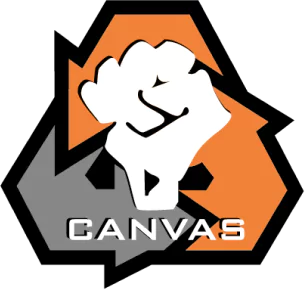Aug 14, 2014-2014
Pakistan
Go Nawaz Go
Share
ACTIVISTS/ACT.GROUPS/DESCRIPTION OF THE GROUP
Pakistan Awami Tehreek (PAT) led by Tahirul Qadri & Pakistan Tehreek-i-Insaf (PTI) led by Imran Khan; both political parties
TARGET
Nawaz Sharif
WIDELY HELD BELIEF
Elections should be free and fair. Corrupt governments must step down.
CASE NARRATIVE
Issue and Opponent: Nawaz Sharif has served as Prime Minister of Pakistan from 1990-1993, 1997-1999, and 2013-2017. After first coming to power as Prime Minister in 1990, Nawaz pushed for the industrial development of Pakistan through privatization and economic liberalization. Shortly after this time, Nawaz was accused of corruption and money laundering. In 1999, Nawaz was ousted from power as the result of a military coup. After his second term, many opposition leaders and a large portion of the civilian population in Pakistan did not believe Nawaz was faithful to the people or have their best interests in mind. Many believed when he was re-elected in 2013 as Prime Minister the elections must have been rigged. Protest movements soon began to force his resignation. Dilemma Action: Political party Tehreek-i-Insaf leader Imran Khan began his protests against the Prime Minister, Nawaz Sharif, on August 14– the nation’s Independence Day–as he led a freedom march (Azadi March) to free Pakistan of corruption. He claimed Nawaz and his government did not care about the public and were greedily motivated to continue to raise electric bills for the people to grow their wealth. A big part of his movement was calling out Nawaz for spending much of the government’s money on trips to the US. He pushed the narrative that the 2013 general elections were rigged. On September 14, opposition leader Tahirul Qadri of the Pakistan Awami Tehreek political party also began his protests, when he called for his supporters to follow his lead and write “Go Nawaz Go” on their currency notes. At this time, the State Bank of Pakistan released a statement condemning this action, and stating currency notes with this slogan on them will not be accepted in the banks across Pakistan. People continued to write on their currency and also began writing this slogan on anything and everything: sidewalks, diapers, cars, etc. Both opposition leaders led marches to Islamabad, where they then staged sit-ins. The opposition subjected the government to a dilemma action: either they could do nothing, allow for the defacement of Pakistani currency, and permit the message of the campaign to quickly spread, or they could actively try to oppose it and risk failure. Outcomes: PAT ended their sit-in on October 21, and PTI soon after on December 17. The cause for the end of the sit-in and stall of the movement was a terrorist attack on a school by the Tehrik-i-Taliban. Over 150 people died that day as six gunmen opened fired on the Army Public School. While the Go Nawaz Go movement did not result in Nawaz Sharif’s immediate resignation, it did spark concern over the validity of the elections. As a result, the Judicial Commission for Investigations on alleged electoral rigging was formed. The President vowed to hold Nawaz Sharif accountable. In 2018, Nawaz Sharif was sentenced to 7 years in prison based on corruption charges about his wealth and the wealth of his family. This movement was part of a larger campaign in Pakistan to demand fair and free elections and hold corrupt government officials accountable.
PRIMARY STRUGGLE/GOAL
NONVIOLENT TACTICS USED
DA TACTICS USED
Slogans/caricatures/symbols
CASE NARRATIVE WRITER
SUCCESS METRICS
12 / 12
(CONC) Concessions were made
(EREP) Dilemma action got replicated by other movements
(MC) Media Coverage
(MSYMP) Media coverage was sympathetic to the activists
(OR) Opponent response
(PS) Dilemma action built sympathy with the public
(PUN) Punishment favored the activists
(REFR) Dilemma action reframed the narrative of the opponent
(RF) Dilemma action reduced fear and/or apathy among the activists
(SA) Dilemma action appealed to a broad segment of the public
Artivism
Laugtivism
PART OF A LARGER CAMPAIGN
3 / 3
Activist group continued working together after the action
Encouraged more participants to join the movement
Internally replicated by the same movement
RESOURCES
Project documentation
Dilemma Actions Coding Guidebook
Case study documentation
Dilemma_Actions_Analysis_Dataset
SOURCES
Dawn. 2014. “Friday to be ‘Go Nawaz Go’ Day: Imran,” Retrieved July 23, 2023. (https://www.dawn.com/news/1132338/friday-to-be-go-nawaz-go-day-imran).
Khan, A. R., Khan, A. U., & Iqbal, Z. 2021. “Framing the Political Reality of 2014 Sit-ins: An Analysis of Mainstream English Newspapers of Pakistan,” Pakistan Social Sciences Review. Retrieved July 23, 2023. (https://pssr.org.pk/issues/v5/1/framing-the-political-reality-of-2014-sit-ins-an-analysis-of-mainstream-english-newspapers-of-pakistan.pdf).
Related cases
Nov 1, 2003-2003
Georgia
Eduard Shevardnadze had ruled with brief interruptions for more than 20 years, coming to power for the first time in 1972. He was involved in different forms of corrup...
/
Jul 12, 2019-2019
United States of America
President Donald Trump’s “zero tolerance” policy had separated hundreds of families detained at the US-Mexican border. The children of these migrants found themselves ...
/
Mar 1, 1984-1984
Nigeria
Pan Ocean Oil in Nigeria had seized land from the people without compensation and had caused pollution damage. The community did not have a reliable water well or elec...
/
Subscribe to our newsletters to get full access to all materials on our website.

